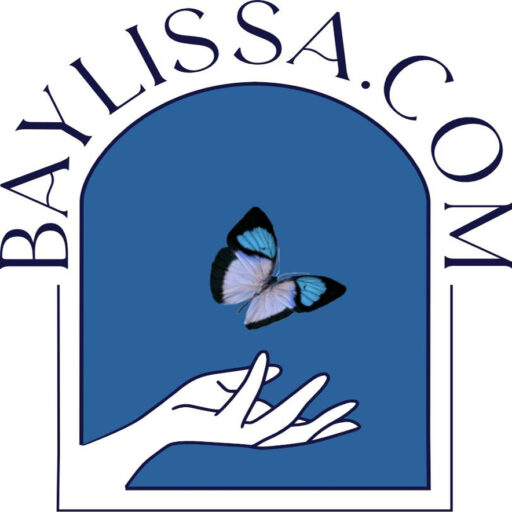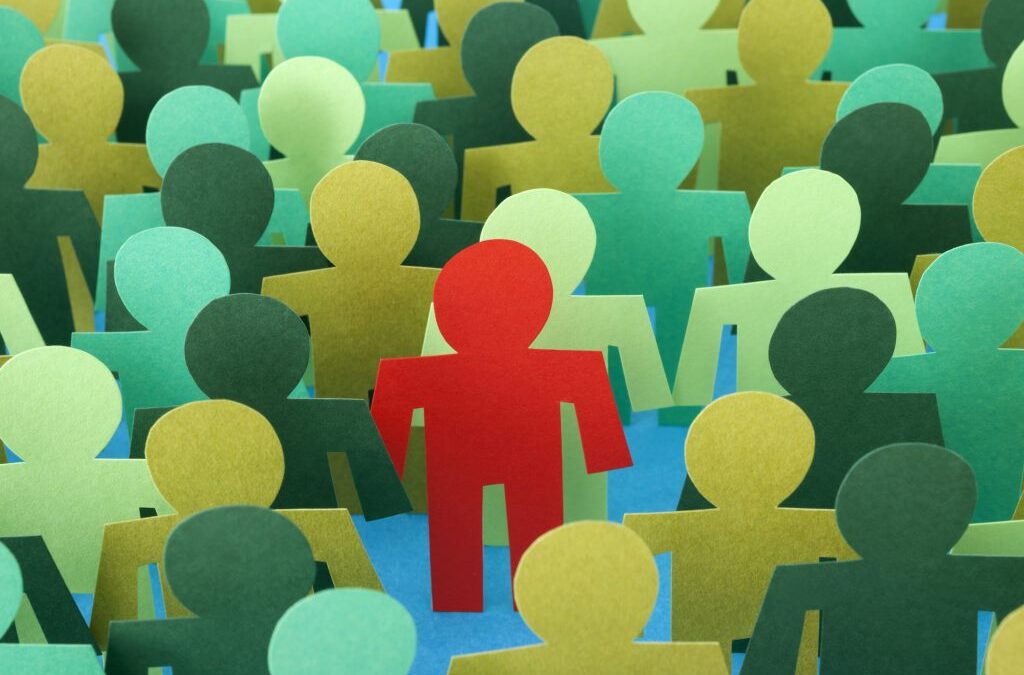Breaking Free from Stigmatization and Gaslighting
Over the years I have witnessed how, for many of you, dealing with stigmatization and gaslighting – medical and otherwise – is an ongoing battle, especially in countries where medical records are centralized and easily accessible by all hospitals and doctors. I have seen the impact of a single misinterpretation, a misunderstood label, or a misdiagnosis and how it can follow a person indefinitely, influencing how future medical professionals perceive and treat them. Sadly, I have recently been made aware that this is also now a problem within our prescribed injury community, and it has always been a challenge from relatives and friends. As you may know, this has been my experience too. While it can be frustrating, invalidating, and deeply unfair, always remember that it is not a reflection of your worth, your truth, or any shortcoming on your part.
Gaslighting and stigmatization can take many forms. Perhaps your symptoms are dismissed as “all in your head,” or your history of withdrawal symptoms is labelled as anxiety or hypochondria. You might be told that your pain or discomfort isn’t real, or you might feel like you’re fighting to be believed at every appointment or in conversations with family and friends. You may even be given inappropriate treatment that causes harm or support that comes with terms and conditions. These experiences can leave you feeling trapped, powerless, or ashamed. They could make you question your own experiences and instincts. But let me remind you of this: someone else´s misunderstanding is not your reality.
Understanding What’s Happening
Stigmatization and gaslighting often stem from a lack of understanding or education on the part of those we trust to provide care. It’s easier for them to apply a quick, dismissive label than to acknowledge the complexity of your symptoms or delve deeper into the nuanced challenges of those experiencing this type of reversible brain injury. However, their inability to see the full picture doesn’t diminish the validity of your experience. Your reality is real. Your symptoms are real. Your journey is real.
It’s also important to remember that stigmatization often reflects systemic issues, not personal ones. Many healthcare systems are under-resourced, overstretched, and designed to prioritize efficiency over empathy. Furthermore, there is very little training on this subject and even my doctors affected by withdrawal/PAWS/ABIND are blindsided when they find themselves struggling. This is not an excuse for how you’ve been treated, but an acknowledgment that the problem lies within the system, not you.
Don’t Put Yourself in a Box
One of the most harmful effects of stigmatization and gaslighting is how it can lead us to put ourselves in a box. It’s easy to internalize the labels and judgments of others, to feel defined by the notes in your medical file or the dismissive attitudes you’ve encountered. But you are not a label. You are not a diagnosis. You are not the mistaken assumptions of others.
Your identity is so much bigger than what any doctor, hospital, or medical system might say about you. You are a whole, multifaceted person with strengths, dreams, and a unique story. Don’t let anyone shrink you down to a single word or phrase. You are not “difficult.” You are not “crazy.” You are not “anxious.” You are not “beyond help.” As I often say, if the people with the loudest opinions and judgements experienced 10 minutes of what you are enduring, they would rush to the ER or A&E with a speed that would make Usain Bolt seem slow. You are a resilient, courageous individual who deserves to be treated with dignity and respect.
Let Go of Shame
Stigma thrives on shame. It wants you to feel small, isolated, and unworthy. But shame has no place here. There is no shame in coming off a toxic drug and doing all you can to cope. There is no shame in advocating for yourself. There is no shame in experiencing withdrawal symptoms, or taking a longer than anticipated time to heal.
The shame belongs to the systems and individuals who have failed to treat you with the care and respect you deserve. Don’t carry what isn’t yours. Let go of the shame, and instead hold on to self-compassion, self-respect, and the unwavering belief that you are worthy of understanding and support.
Reclaiming Your Power
So how do we navigate these challenges? How do we push back against stigmatization and gaslighting? Here are a few ways to reclaim your power:
- Know Your Truth: Remind yourself of what you know to be true. Keep a journal of your experiences and the progress you’ve made. This can serve as both a validation of your journey and a helpful resource when discussing your health with others.
- Seek Allies: If possible, find a docotor who is informed and surround yourself with people who are compassionate, open-minded, and willing to listen. Building a good supportive team base can make a significant difference in how you’re treated and how you cope.
- Set Boundaries: It’s okay to push back against dismissive or invalidating behavior. You have the right to ask for a second opinion, request more information, or advocate for yourself firmly but respectfully. Your voice matters.
- Connect with Community: You are not alone. There are others who understand what you’re going through, who have faced similar challenges and come out stronger. Sharing your experiences and hearing theirs can be a powerful reminder that you are not defined by stigma or gaslighting. As you interact online, be sure to establish and maintain good boundaries and protect yourself.
- Embrace Your Strength: Remember that every time you stand up for yourself, every time you persevere despite the challenges, you are demonstrating incredible strength. Don’t underestimate the power of your resilience.
A Final Word
Dealing with stigmatization and gaslighting – medical and otherwise – can be exhausting and disheartening, but it does not define you. You are so much more than the labels, judgements, or misunderstandings of others. Hold your head high, keep advocating for yourself, and know that you are worthy of care, understanding, and respect. Let the challenges you face become a testament to your courage and a reminder that your story is still being written—and it is one of resilience, growth, hope and healing.
With much compassion,
![]()

